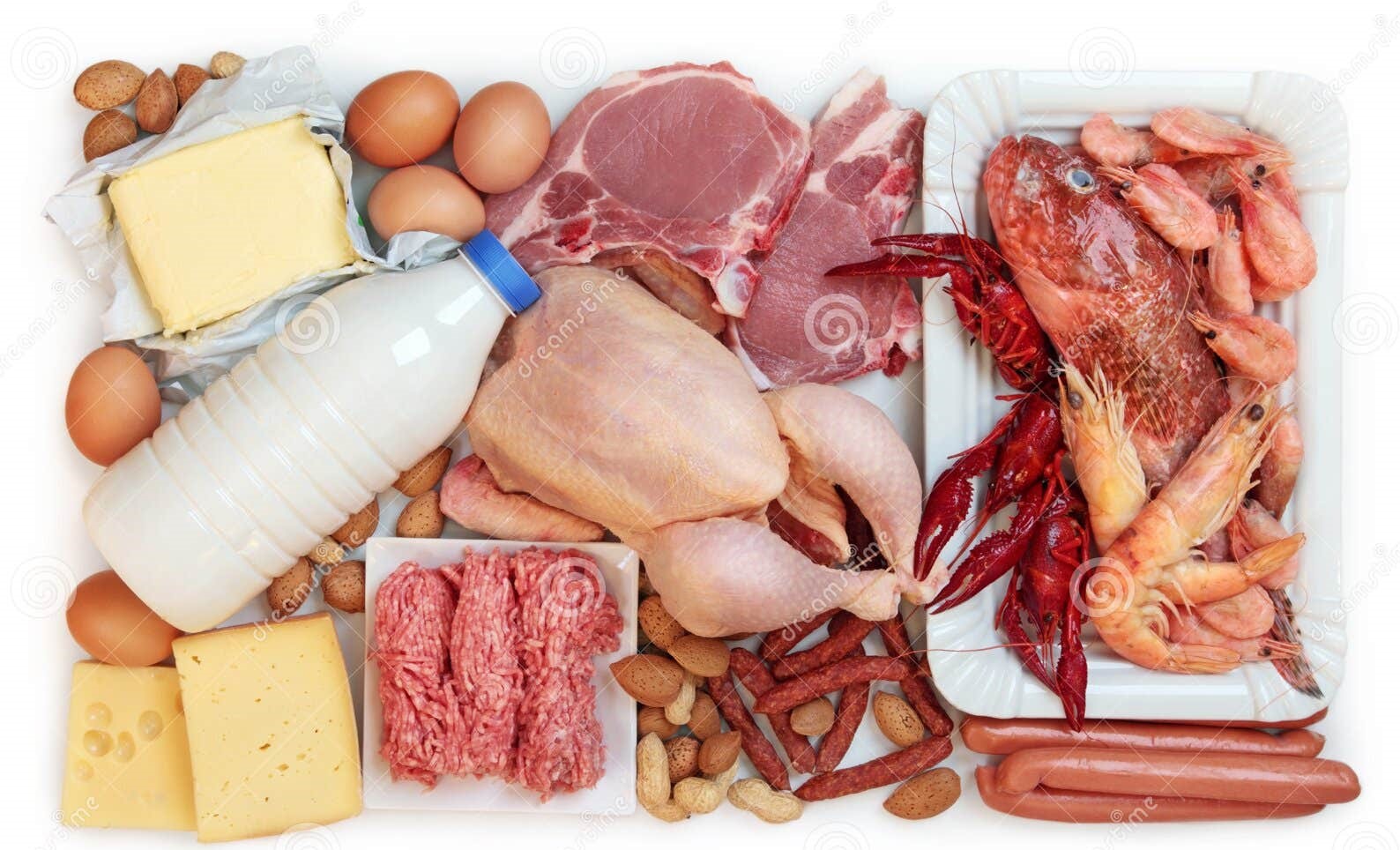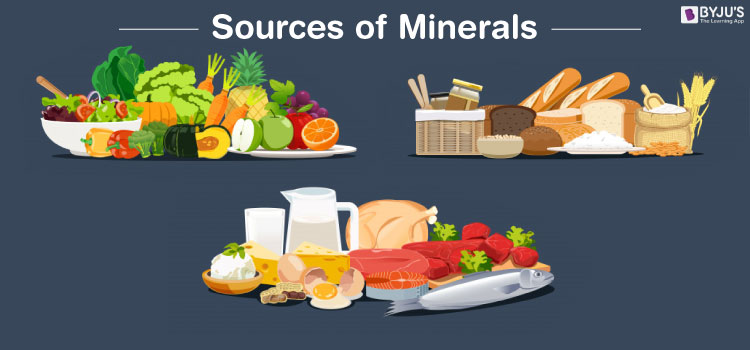
Carbohydrates are foods that provide the primary source of energy for the body. They are broken down into glucose used for fuel. Examples: Rice, maize, and yams.

Proteins can be defined as foods essential for building and repairing tissues and producing enzymes and hormones. Examples: Beans, fish, chicken, and goat meat.

Fats can be defined as foods that provide energy, support cell growth, and help in the absorption of fat-soluble vitamins. Examples: Palm oil, groundnut oil, and beef.

Vitamins can be defined as nutrients in foods that help regulate body processes, such as metabolism and immune function. Examples: Leafy vegetables (e.g., ugu for vitamin A), oranges (for vitamin C).

Minerals can be defined as essential nutrients that support various bodily functions, such as bone health and nerve function. Examples: Milk (for calcium), meat (for iron), and plantains (for potassium).

Water can be defined as a vital component that supports all bodily functions, including digestion, temperature regulation, and waste removal. Examples: Drinking water, and water-rich fruits like watermelon.